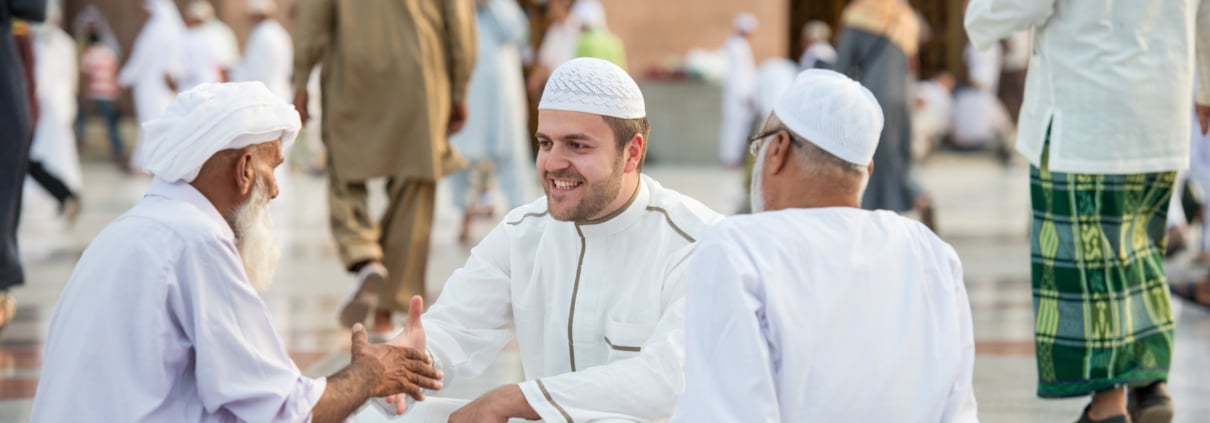Is It Impermissible To Say “Good Luck?”
Answered by Ustadha Shazia Ahmad
Question
I know luck is a prohibited concept in Islam. Is saying “good luck” sinful, when we say it without an innocuous intent? Or would it always be haram, since it contains the concept of luck?
Answer
Thank you for your question. May Allah reward you for asking this very good question, as we all want to be affable, but only as long as it is in line with the behavior and beliefs of Muslims.
Destiny
First, one must know that everything is pre-ordained and that we don’t believe in superstition. Allah, Most High, says, “No calamity afflicts the earth or your own selves, but it is (pre-destined) in a book before We bring it into being; verily that is easy for Allah.” [Quran, 57:22]
The Prophet (Allah bless him and give him peace), also told us about the belief that something portends bad luck: “Belief in a bad omen is polytheism (shirk).” [Tirmidhi]
Among the seven articles of faith that are taught to a child is the belief in destiny from Allah, the good and bad of it. Consider getting this book to understand the articles thoroughly:
Wishing Well
If one is firmly rooted in their faith, and simply says “Good Luck” out of wishing well for another, knowing that luck is not a factor, it is permissible. If one says it to a non-Muslim and intends to be affable toward him, or in a way that invites him to Islam, there would even be a reward in this.
Custom
That being said, it is not the habit of Muslims, especially among the practicing Muslims that I have seen, to use this phrase. It seems a little empty and meaningless, whereas supplication (dua) goes a much longer way. Rather, they say things like, “May Allah give you success”, or simply “Tawfiq!” (divinely-given success).
Please see this link for more details:
Ruling on saying “good luck” or “bad luck”
Good Deeds & Salvation: Putting Our Works Into Perspective
May Allah give you the best of this world and the next.
[Ustadha] Shazia Ahmad
Checked and Approved by Shaykh Faraz Rabbani
Ustadha Shazia Ahmad lived in Damascus, Syria, for two years, where she studied aqidah, fiqh, tajweed, Tafseer, and Arabic. She then attended the University of Texas at Austin, where she completed her Master’s in Arabic. Afterward, she moved to Amman, Jordan, where she studied fiqh, Arabic, and other sciences. She recently moved back to Mississauga, Canada, where she lives with her family.
